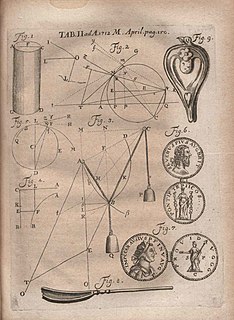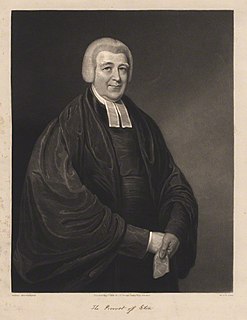
Henry King was an English poet who served as Bishop of Chichester.

John Battely (1646–1708) was an English antiquary and clergyman, Archdeacon of Canterbury 1688–1708. He was the author of two antiquarian works published after his death: Antiquitates Rutupinae and Antiquitates S. Edmundi Burgi ad Annum MCCLXXII Perductae. John Battely was the brother of Nicholas Battely, who edited William Somner’s Cantuaria sacra, the first account of the antiquities of Canterbury.
Robert Sharrock (1630–1684) was an English churchman and botanist. He is now known for The History of the Propagation and Improvement of Vegetables by the Concurrence of Art and Nature (1660), for philosophical work directed against Thomas Hobbes, and as an associate of Robert Boyle

Gilbert Ironside the elder (1588–1671) was Bishop of Bristol.
John Barkham, D.D. (1572?–1642) was an English clergyman, antiquary and historian. Highly reputed in his time as an authority, he published relatively little. He supported the efforts of John Speed, and may have been a source for the Display of Heraldry of John Guillim.
William Creed (1614?-1663) was an English clergyman and academic, Regius Professor of Divinity at Oxford from 1660.

William Beale was an English royalist churchman, Master in turn of Jesus College, Cambridge and St John's College, Cambridge. He was subjected to intense attacks by John Pym from 1640, for an unpublished sermon he had given in 1635 supporting royal prerogative. According to Glenn Burgess, Pym's attention to Beale was because he exhibited a rare combination of Arminian or Laudian theological views with explicit political views tending to absolutism.

Robert Grove (1634–1696) was an English Bishop of Chichester.
Thomas Turner was an English churchman and academic, Archdeacon of Essex and President of Corpus Christi College, Oxford.
William Tooker was an English churchman and theological writer.
William Pell (1634–1698) was an English nonconformist minister, ejected in 1662, a tutor of Durham College subsequently imprisoned for illegal preaching.
Robert Hindes Groome (1810–1889) was an English churchman, who became archdeacon of Suffolk.

Thomas Vowler Short was an English academic and clergyman, successively Bishop of Sodor and Man and Bishop of St Asaph.
John Owen (1580–1651) was an English bishop of St Asaph.
Gabriel Towerson (1635?–1697) was an English clergyman and theological writer.
Robert Cox Clifton (1810–1861) was an English churchman, canon of Manchester Cathedral.

Joseph Holden Pott (1759–1847) was an English churchman, archdeacon of London from 1813.
William George was an English churchman and academic, Provost of King's College, Cambridge from 1743 and Dean of Lincoln from 1748.

Joseph Goodall (1760–1840) was an English cleric and Provost of Eton.

John Chambre (1470–1549) was an English churchman, academic and physician.
The public domain consists of all the creative works to which no exclusive intellectual property rights apply. Those rights may have expired, been forfeited, expressly waived, or may be inapplicable.

The Dictionary of National Biography (DNB) is a standard work of reference on notable figures from British history, published since 1885. The updated Oxford Dictionary of National Biography (ODNB) was published on 23 September 2004 in 60 volumes and online, with 50,113 biographical articles covering 54,922 lives.












